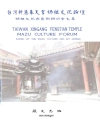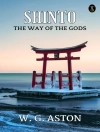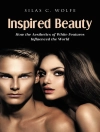Experimentation in American Religion: The New Mysticism and Their Implications for the Churches explores the emergence of new religious movements in America, particularly those outside the traditional Judeo-Christian framework. Wuthnow examines these movements in the context of the societal shifts during the 20th century, focusing on why they gained popularity, especially among groups that traditional religions had struggled to engage, such as college students, young people, and the educated. These new religions often draw from Eastern spiritual practices, the occult, and humanistic ideals, challenging the dominance of conventional Western religious traditions.
The book uses a sociological approach, relying on random-sample surveys to analyze patterns in religious commitment, focusing on social factors such as education, age, and background. Although the study acknowledges the limitations of sociological data in fully capturing the nuances of religious belief, it aims to provide insight into the social context of these new religious movements and why certain individuals are attracted to them. The author avoids adhering to any single sociological theory, recognizing that different types of new religious movements, such as yoga, astrology, and psychic phenomena, require distinct explanations. This work is part of a larger project to understand the changing religious landscape in America, building on the research conducted by Wuthnow and others at the Survey Research Center.
This title is part of UC Press’s Voices Revived program, which commemorates University of California Press’s mission to seek out and cultivate the brightest minds and give them voice, reach, and impact. Drawing on a backlist dating to 1893, Voices Revived makes high-quality, peer-reviewed scholarship accessible once again using print-on-demand technology. This title was originally published in 1978.
Об авторе
Enter the Author Bio(s) here.












